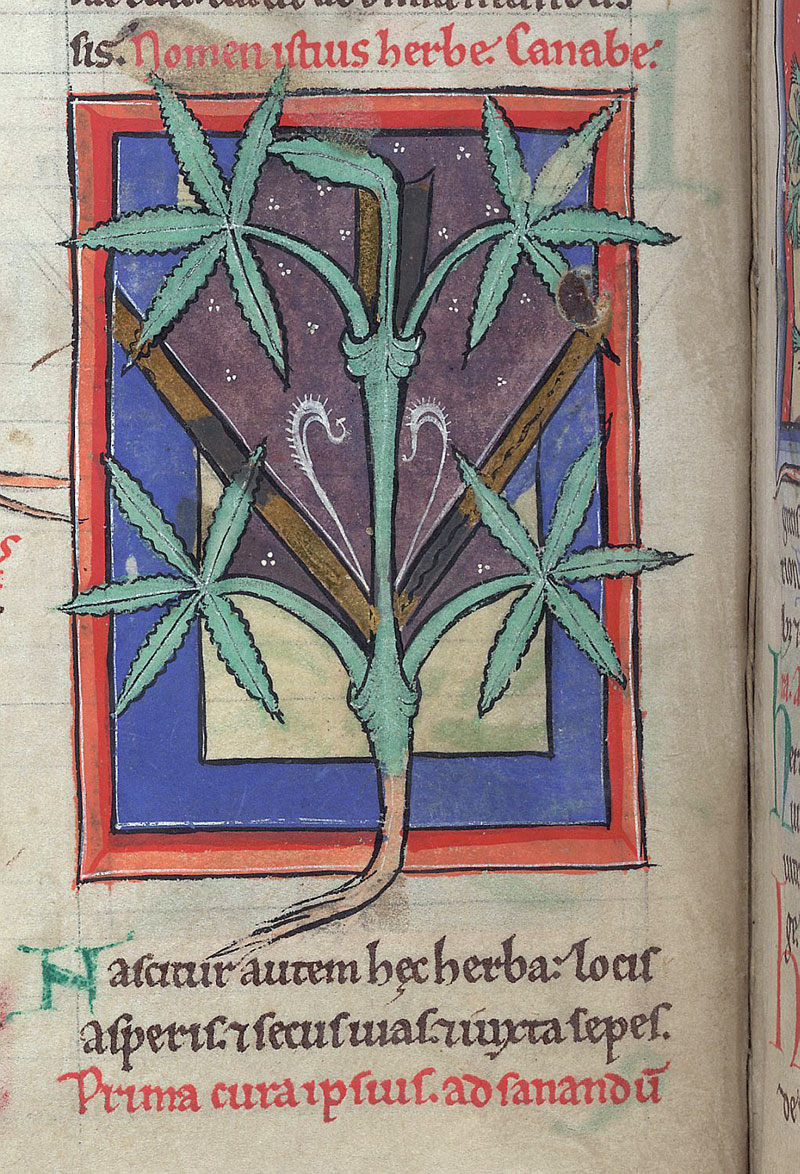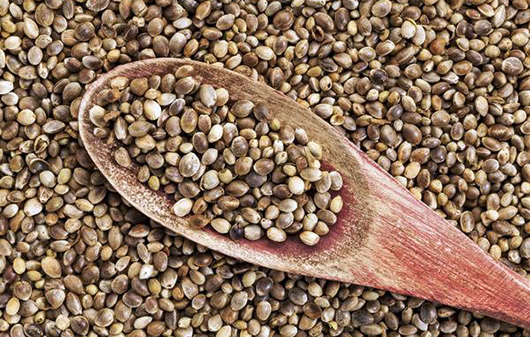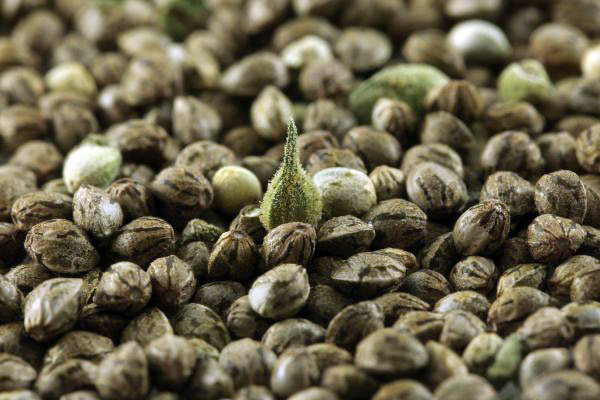Author Archives: Swany
Fragment 490508
Fragment 490499
It is as numerous as that of any herb there is,
Original French: Elle eſt numereuſe autant que d’herbe qui ſoit,
Modern French: Elle est numereuse autant que d’herbe qui soit,
hemp seeds
Web
hemp seeds
Web
Fragment 490487
little pleasant to delicate noses
and little pleasant to delicate noses.
Original French: & peu plaiſant aux nez delicatz.
Modern French: & peu plaisant aux nez delicatz.
The odor of these is strong
The odor of these is strong,
Original French: L’odeur d’icelles eſt fort,
Modern French: L’odeur d’icelles est fort,
Notes
1605
La forte odeur du Chanvre chasse de la terre plusieurs herbes nuisibles, & besteletes importunes.
odeur
Rabelais donne à ce mot le genre masc. qu’avait le mot latin odor.
Fragment 490466
de ces deux nombres
Les feuilles du chanvre sont composées de cinq à sept folioles. Sur la symbolique de ces nombres, voir Agrippa, De occulta philosophia, II.
Œuvres complètes
p. 501, n. 9
Mireille Huchon, editor
Paris: Gallimard, 1994
Fragment 490453
Such has nature cherished it,
Original French: Tant la cherie nature,
Modern French: Tant la cherie nature,
Fragment 490450
five
Notes
Five leaves

F44v. Cannabis was only recommended for external use: it could, for example, be pounded with grease and used to reduce swelling of the breasts.
TL, Chapter 20
“Now,” said Pantagruel, “he is informing us more positively, by giving us the sign of the quinary number. That means that you will certainly be married, and not only affiances, espoused, and married, but that, furthermore, you will cohabit and get on well with the job. Pythagoras called the quinary number the nuptial number, which indicated a wedding and the consummation of a marriage, being composed of the triad, which is the first odd and superfluous number, and of the dyad, which is the first even number. This signifies the males and female in copulation. Indeed at Rome, in the olden times, they would light five wax candles on a wedding day: and it was not permissible to light more, even at the marriage of the wealthiest, or fewer, even at the marriage of the very poorest. Moreover, in the olden days the pagans used to implore the assistance of five deities, or one god for five good offices, on behalf of those about to be married: of Jupiter, the nuptial god; of Juno, who presided over the feast; of Venus the fair; of Pitho, the goddess of persuasion and eloquence, and of Diana, who presided over childbirth.

